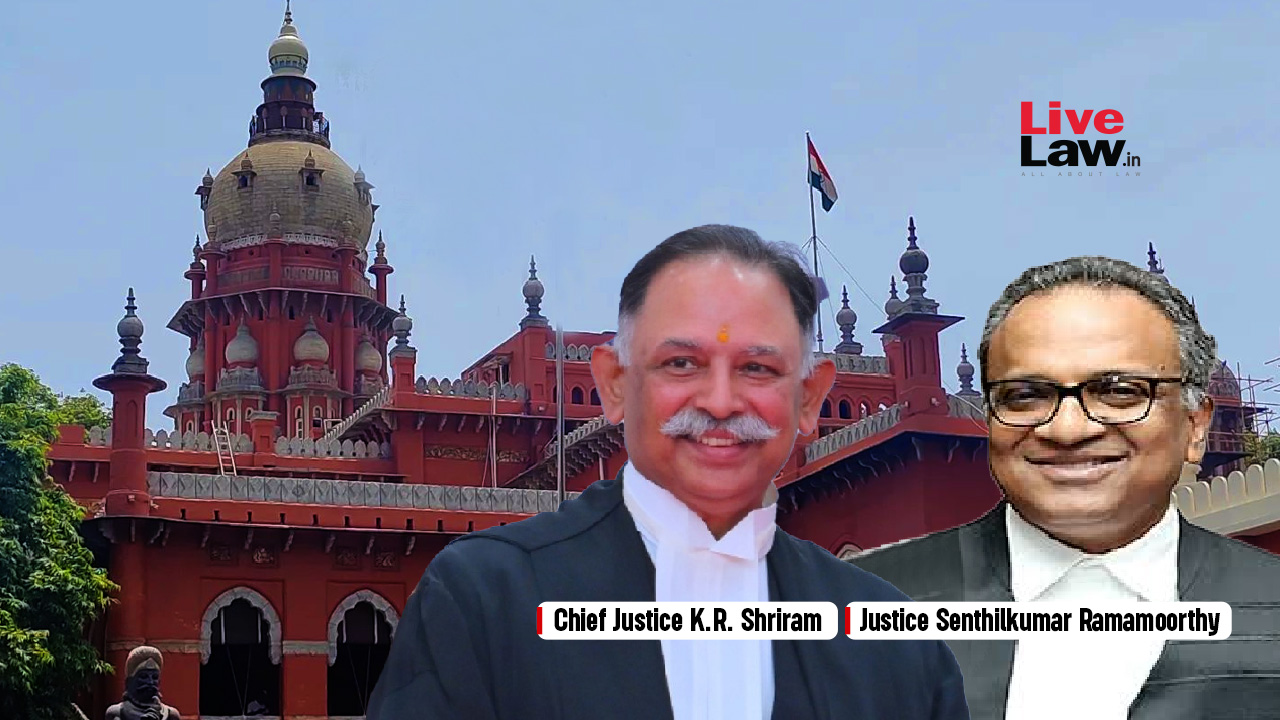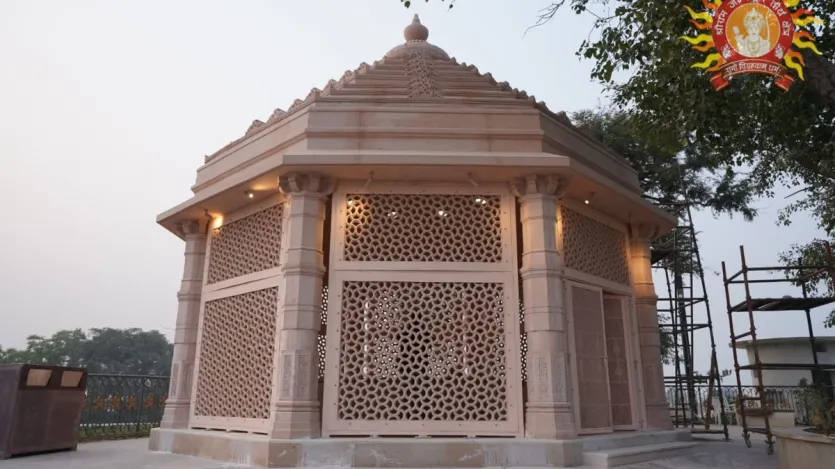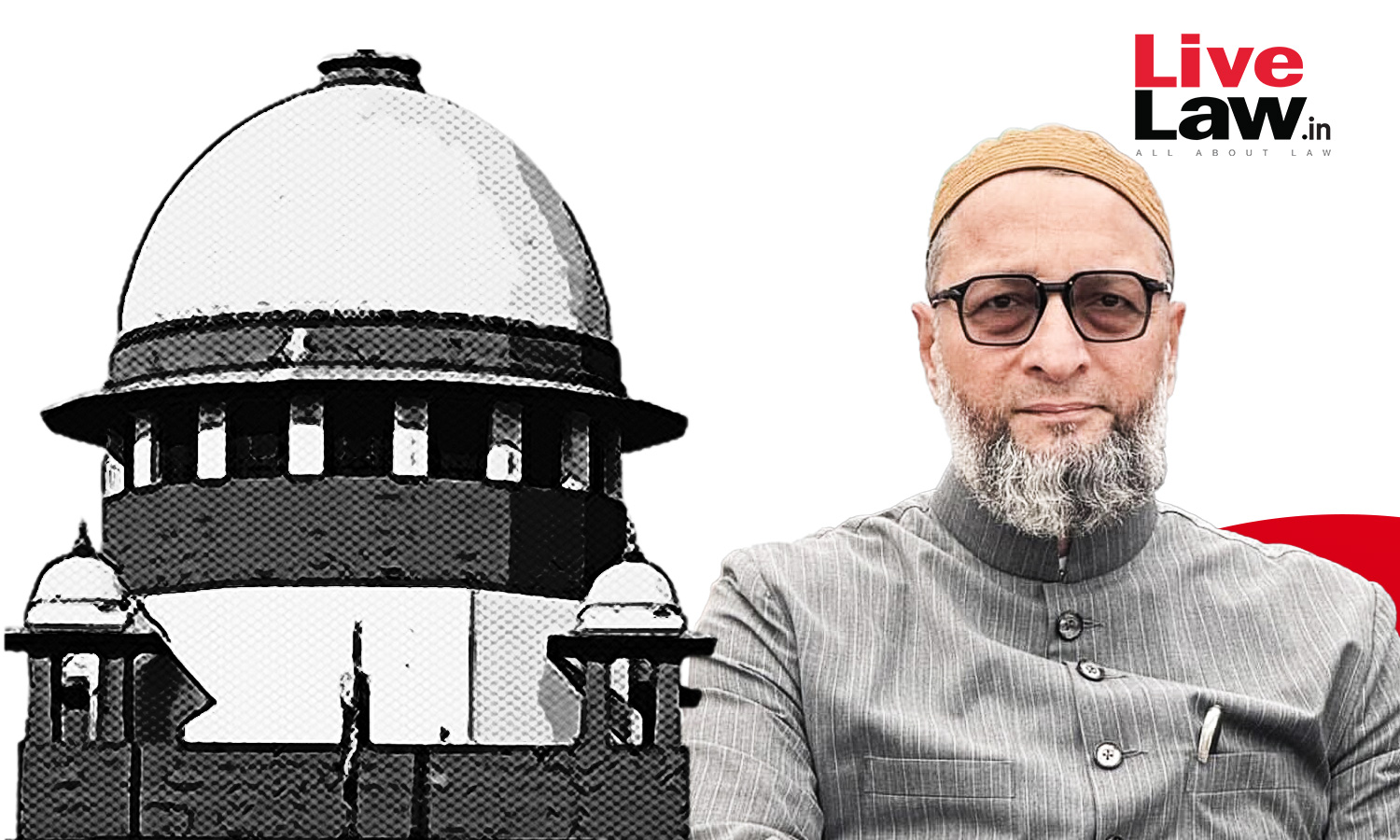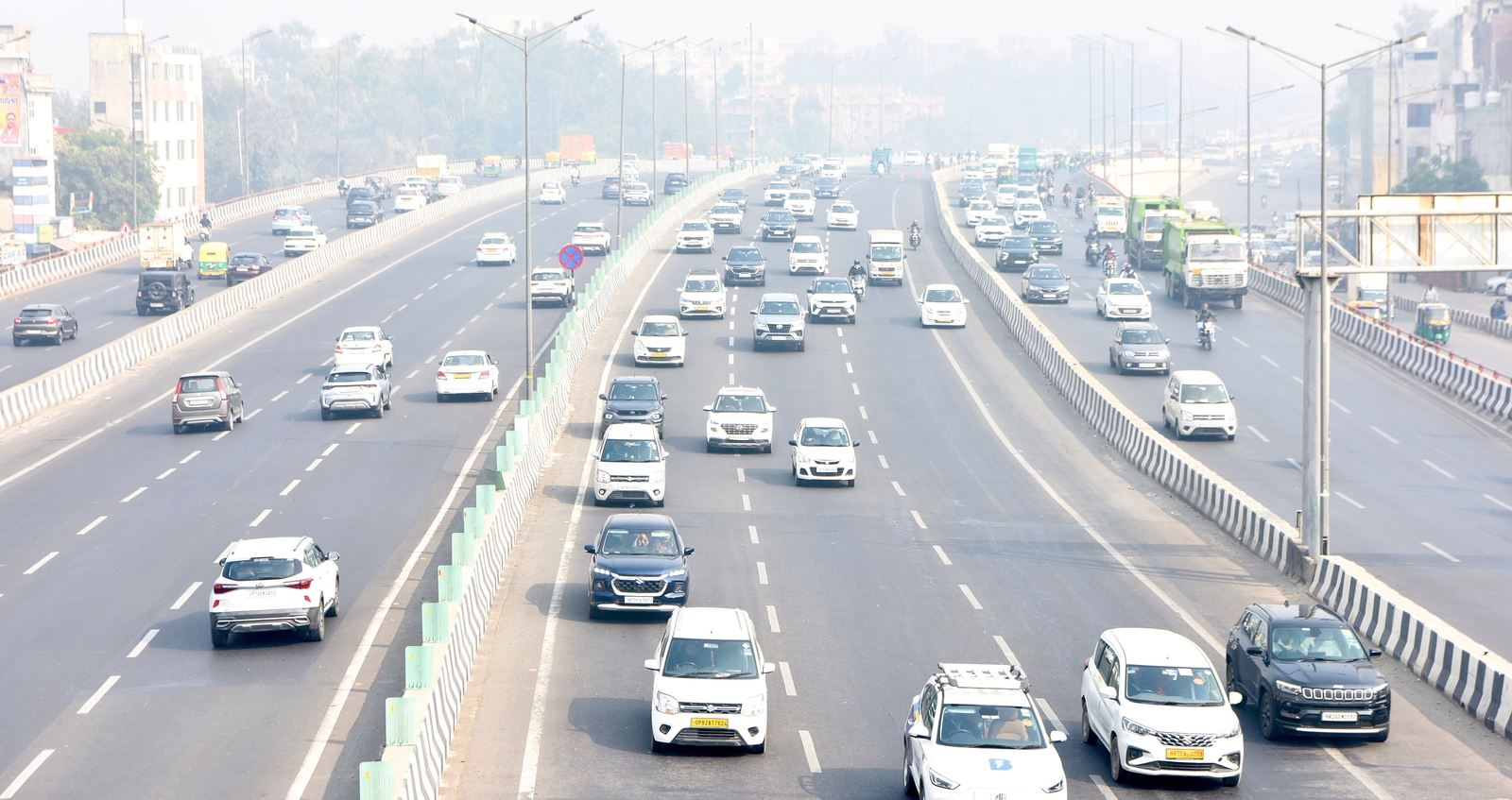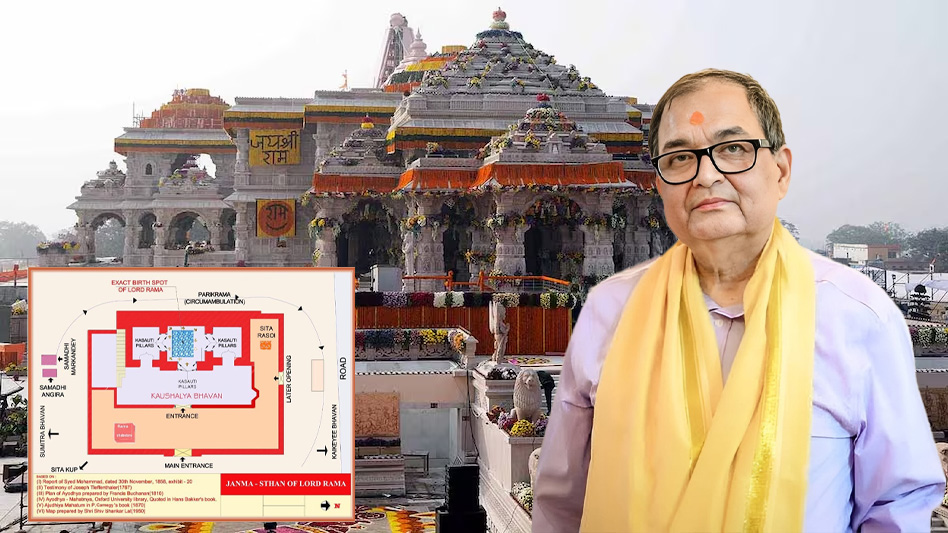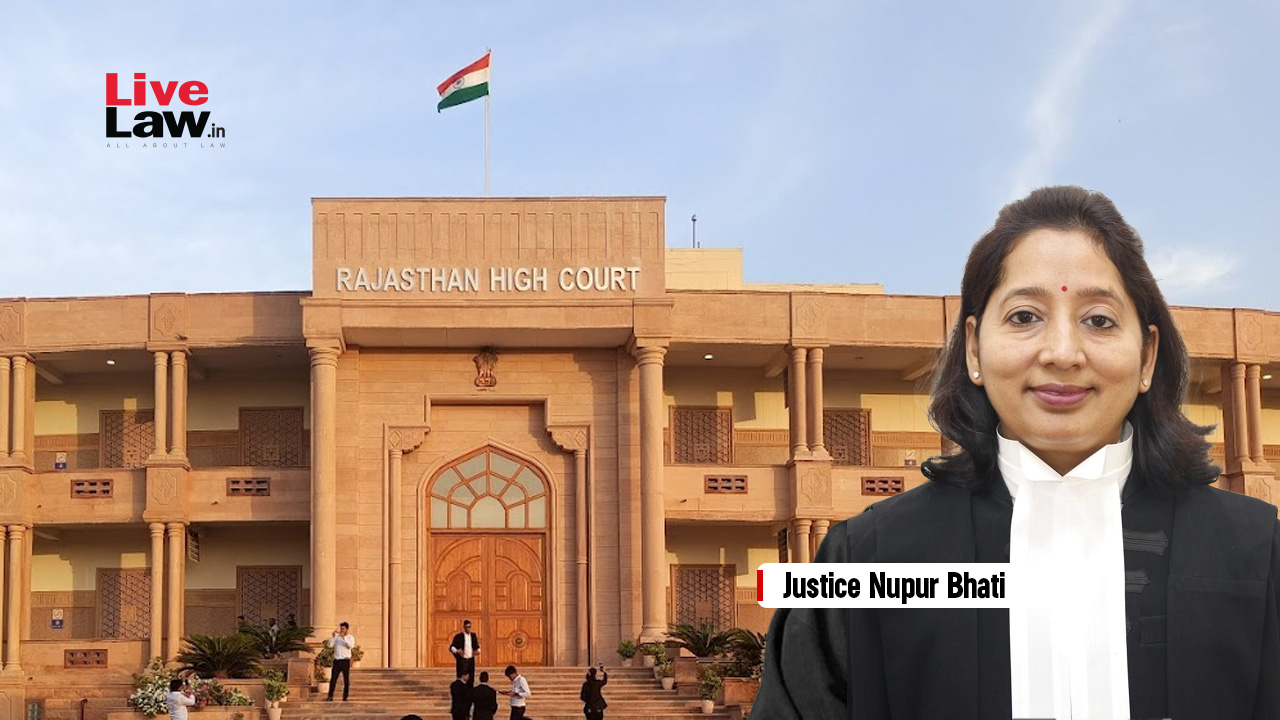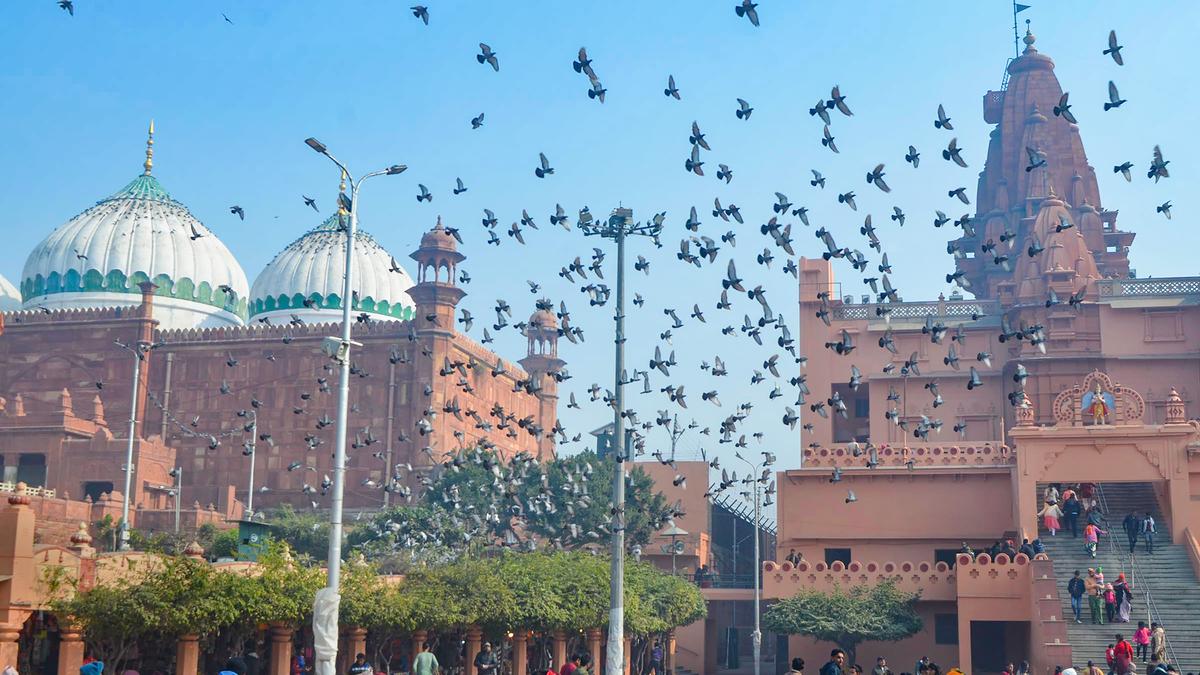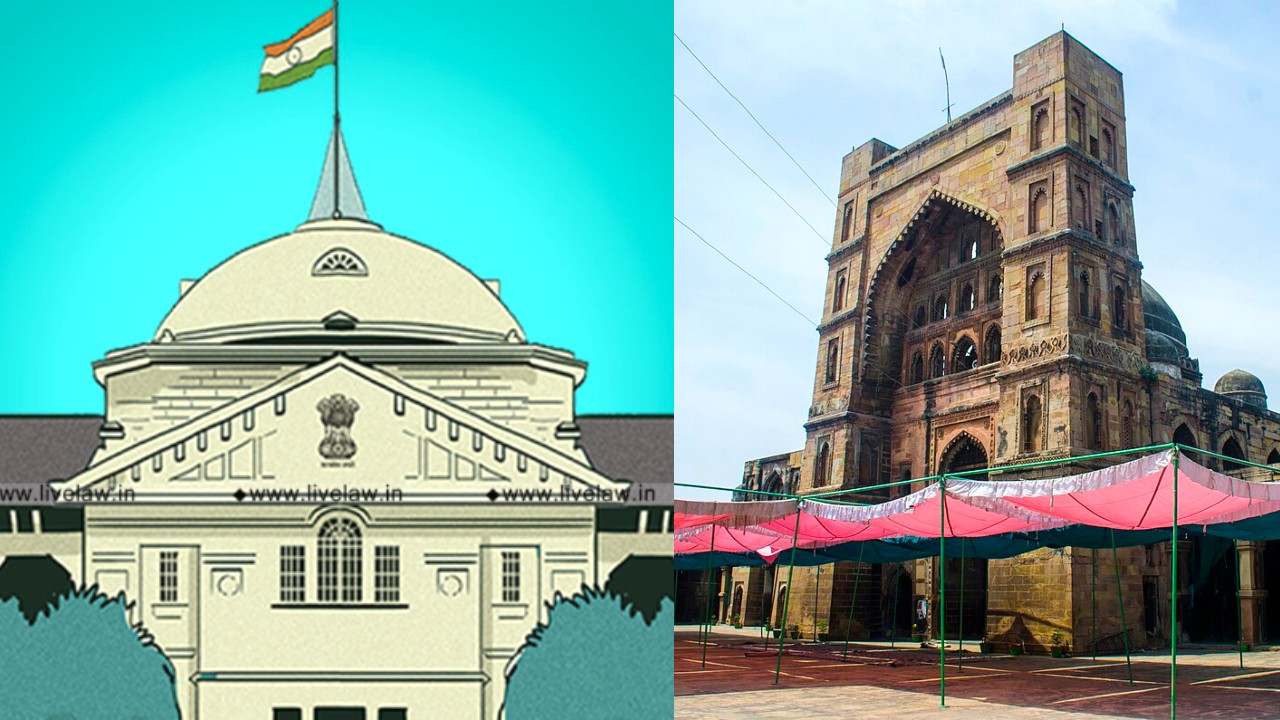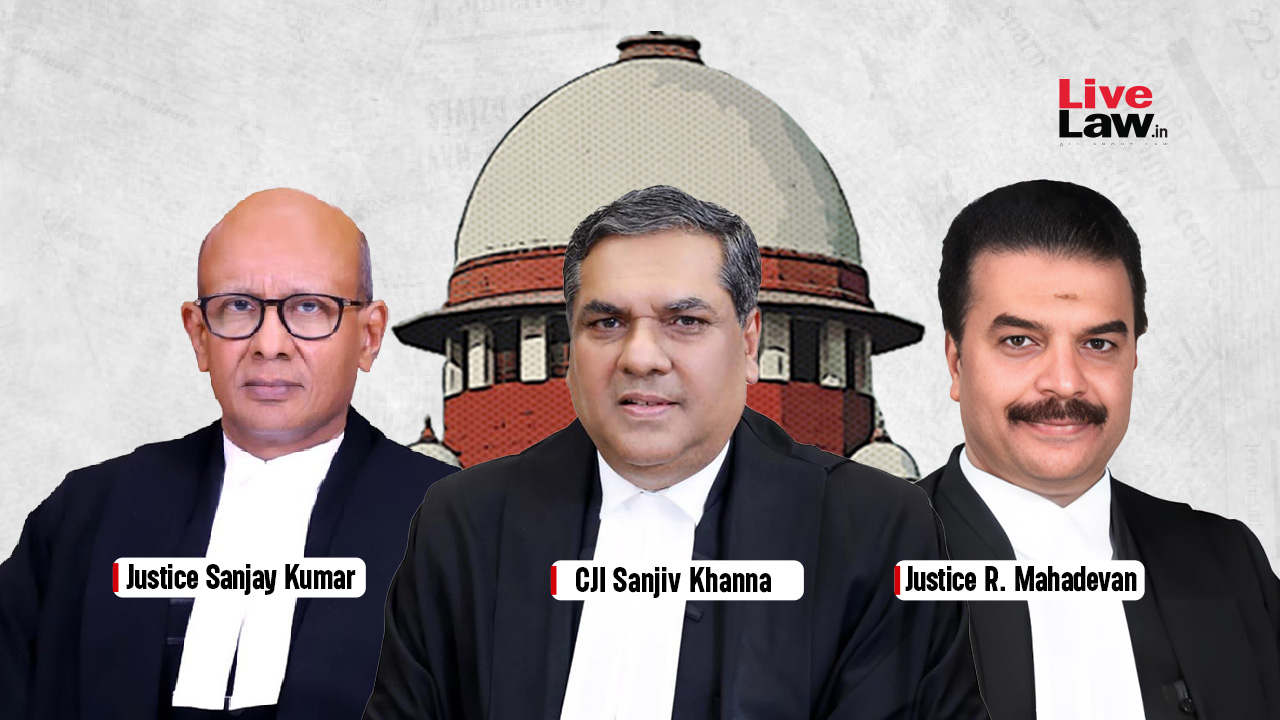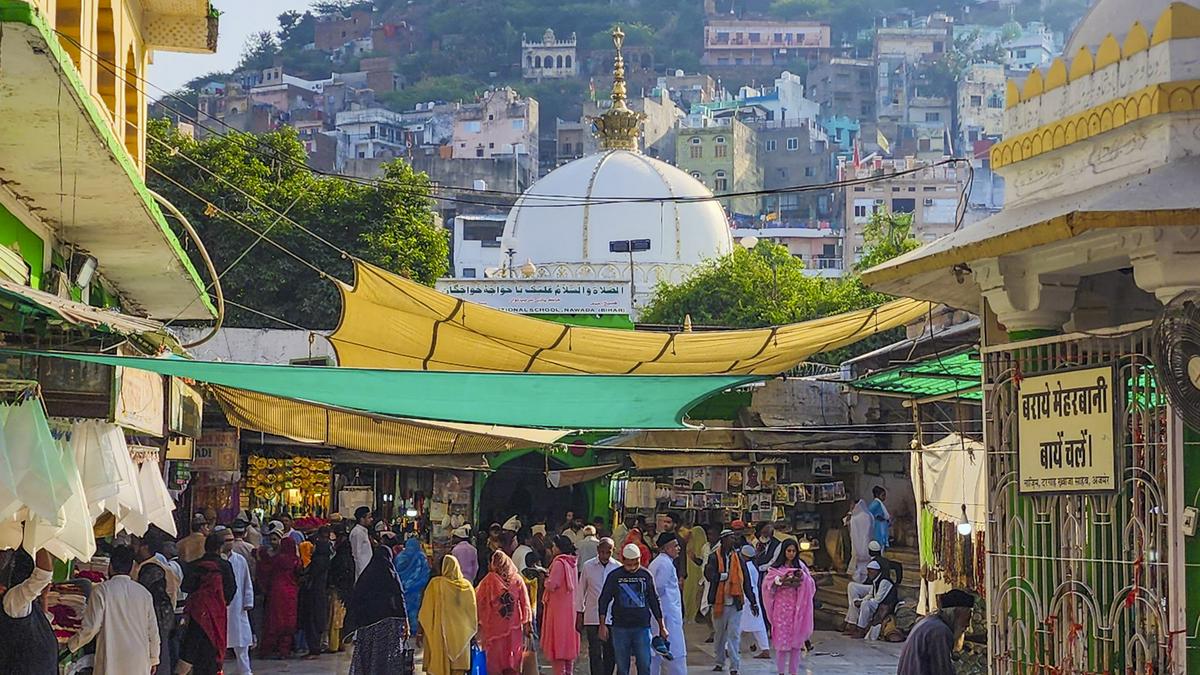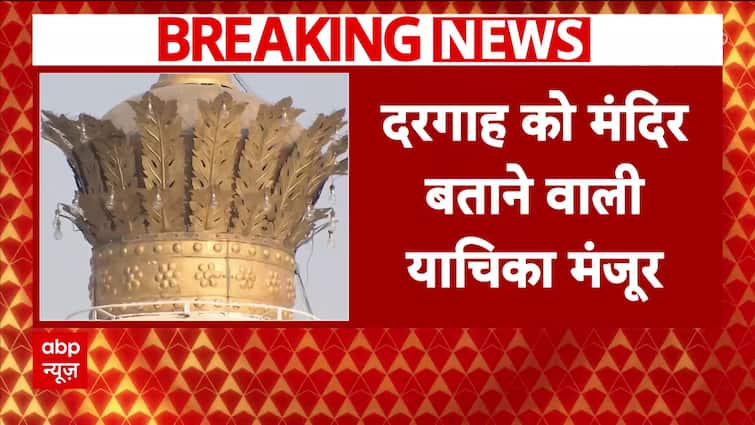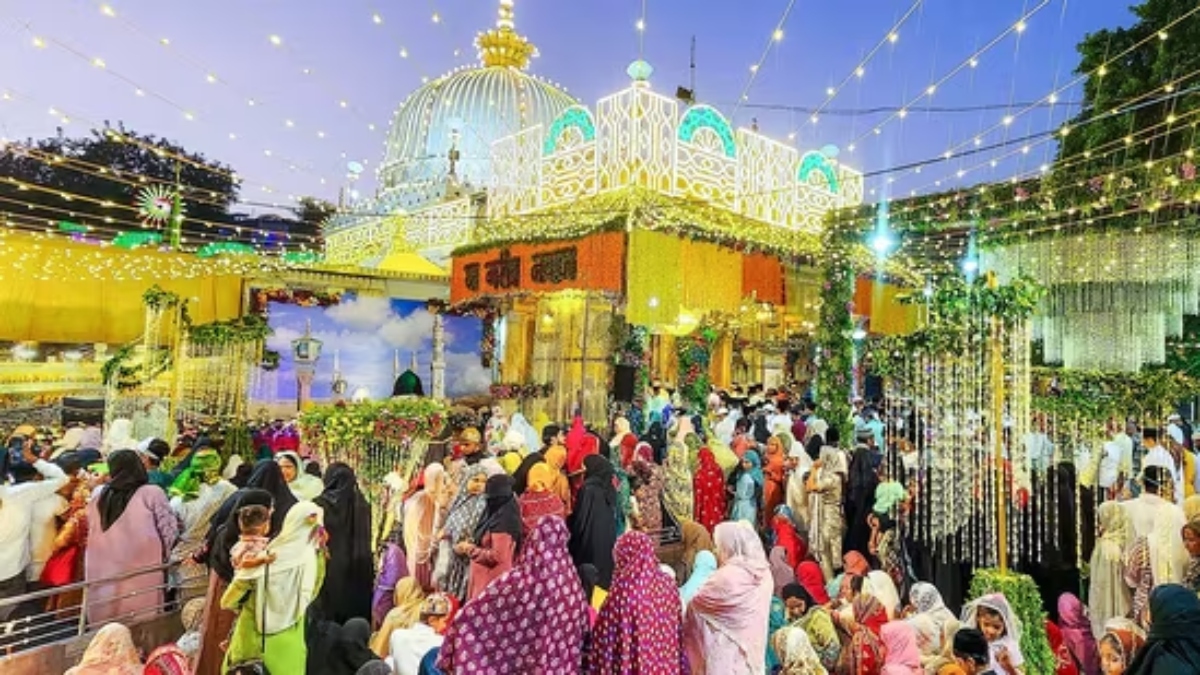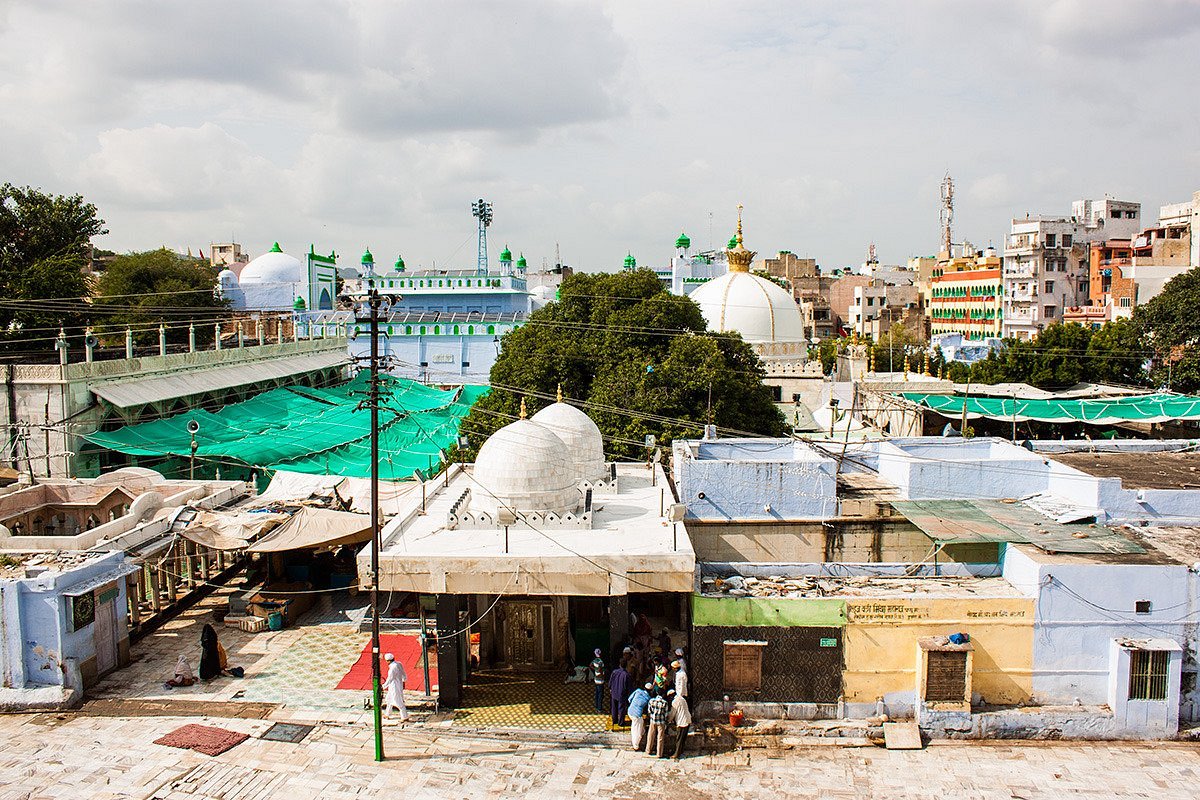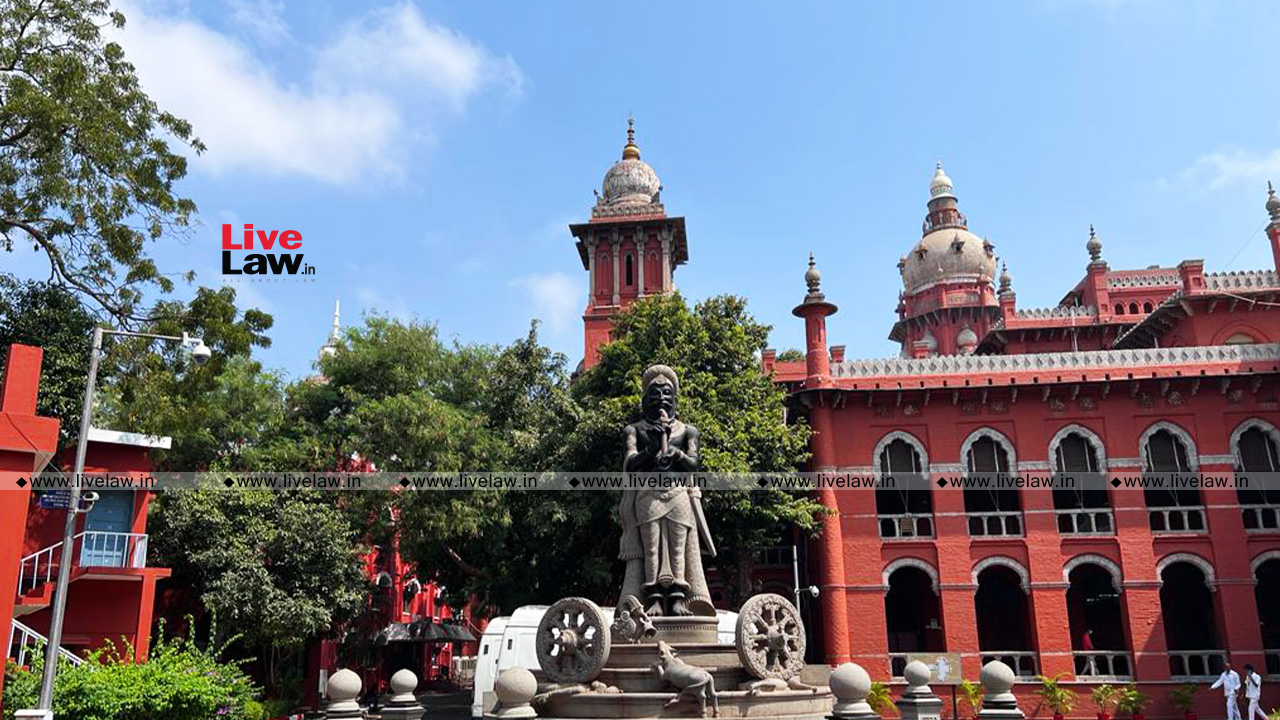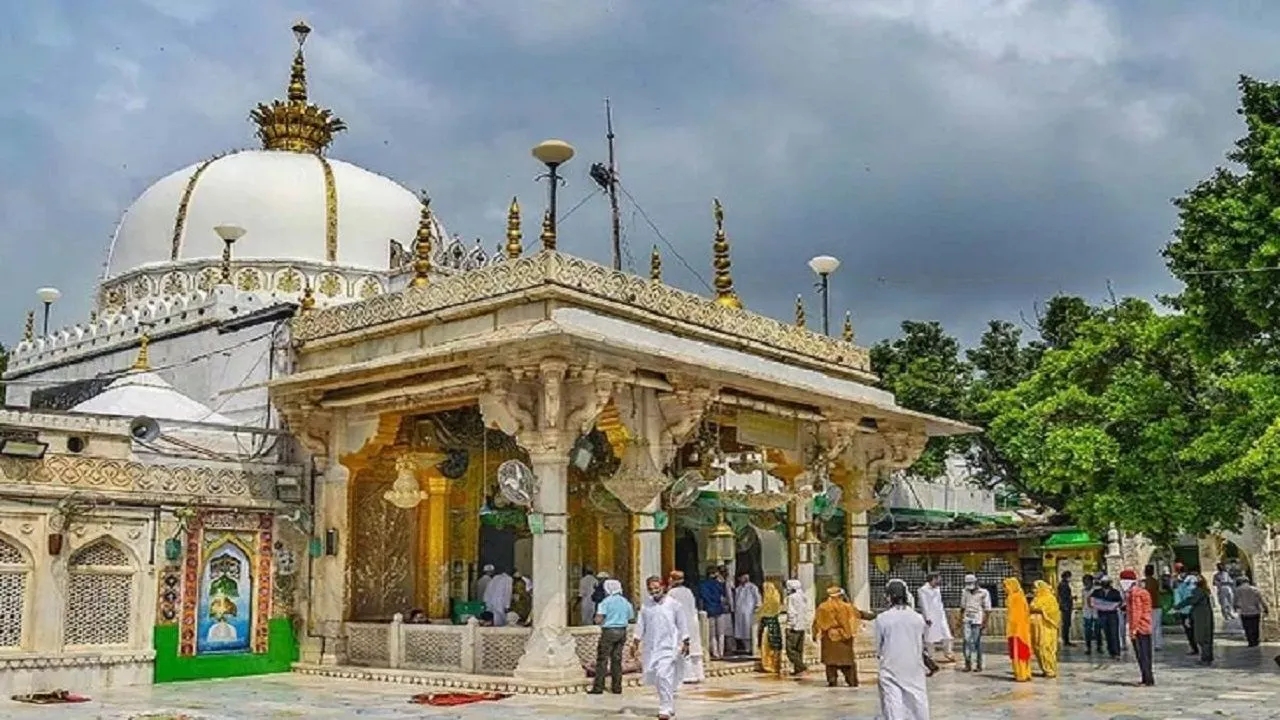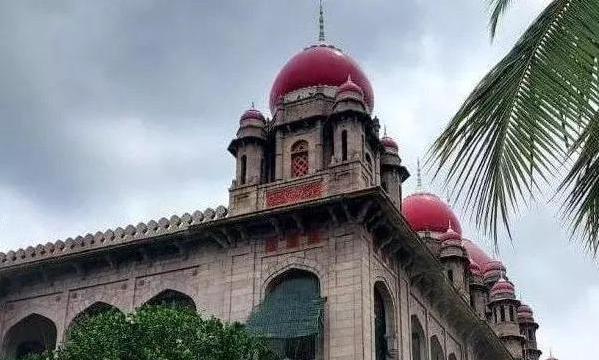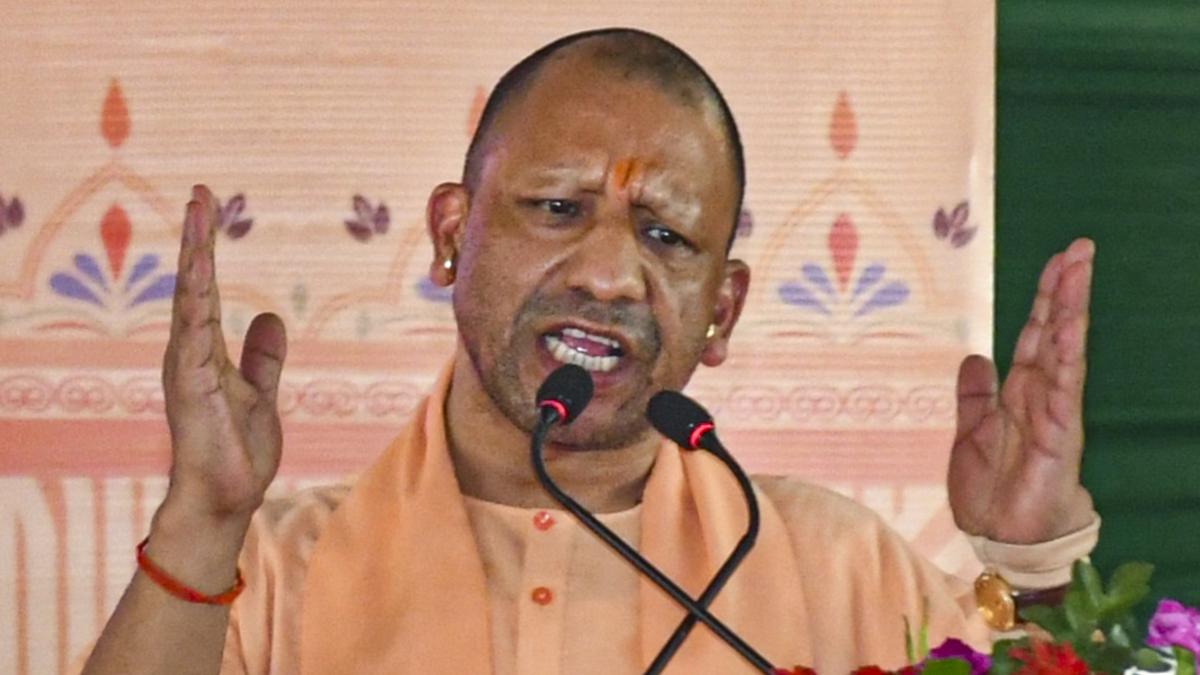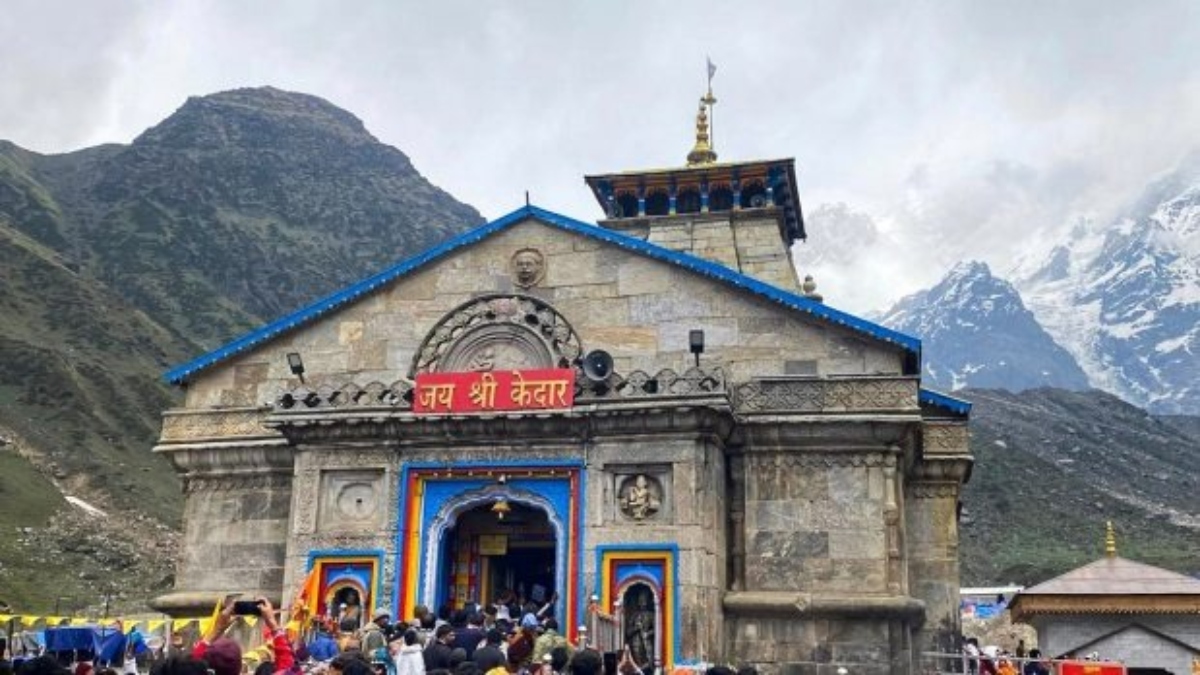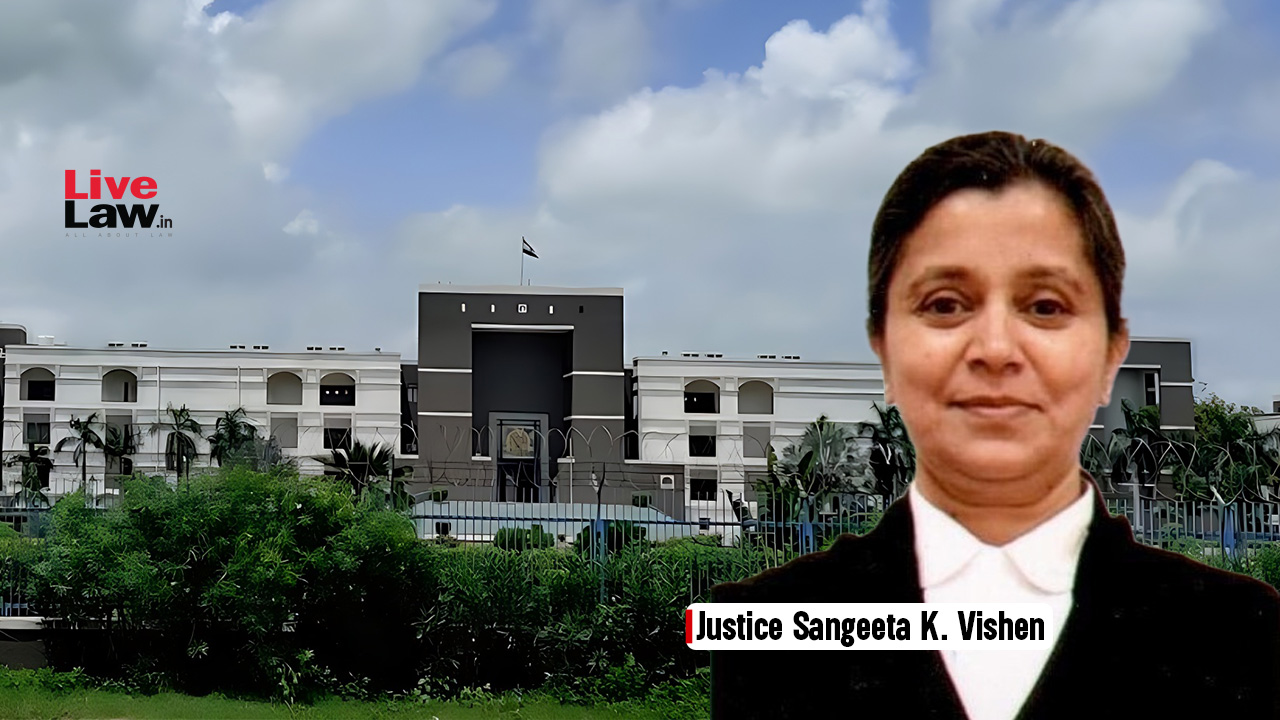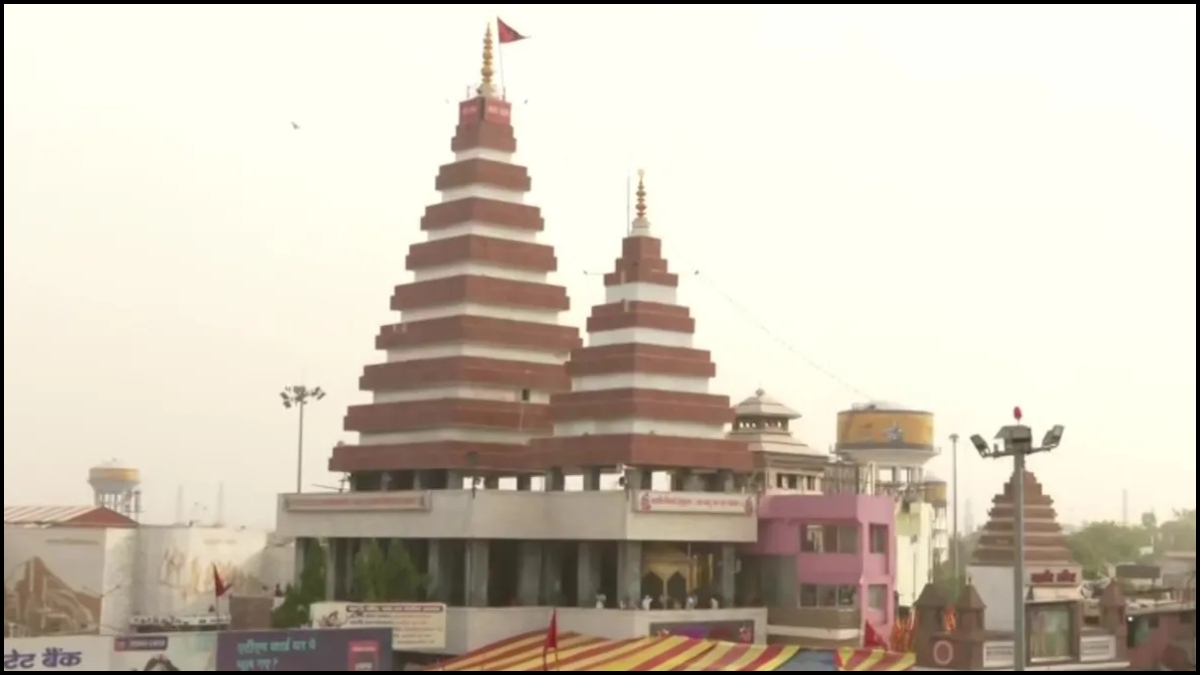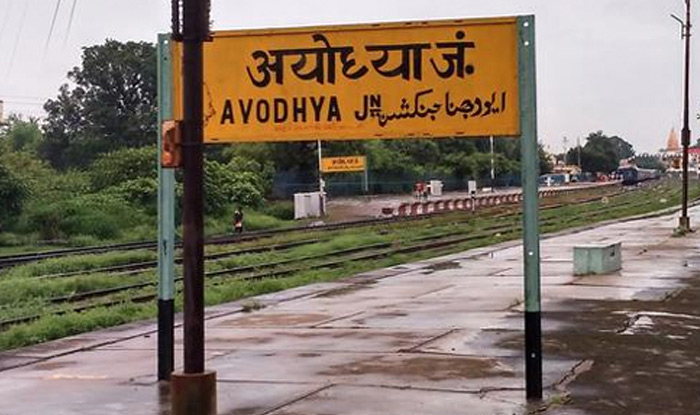
What Is The Ayodhya Act As Per Which Centre Should Form The Trust For Temple Construction?
Live LawWhile holding that the disputed land in Ayodhya belongs to the Hindu deity Ram Lalla, the 5 judges bench of theSupreme Court has directed the Central government, which until now held the vested interests in the area, to formulate a scheme for setting up a trust which shall be transferred the possession of the inner and outer courtyards. The scheme to be framed by the Central Government shall make necessary provisions in regard to the functioning of the trust or body including on matters relating to the management of the trust, the powers of the trustees including the construction of a temple and all necessary, incidental and supplemental matters; The direction comes in view of the powers vested in the Central Government under Sections 6 and 7 of the Acquisition of Certain Area at Ayodhya Act 1993. The Central Government will be at liberty to make suitable provisions in respect of the rest of the acquired land by handing it over to the Trust or body for management and development in terms of the scheme framed in accordance with the above directions; Possession of the disputed property shall continue to vest in the statutory receiver under the Central Government, untill in exercise of its jurisdiction under Section 6 of the Ayodhya Act of 1993, a notification is issued vesting the property in the trust or other body." The Statement of Objects and Reasons of the Act read, "it is necessary to maintain public order and to promote communal harmony and the spirit of common brotherhood amongst the people of India; And whereas with a view to achieving the aforesaid objectives, it is necessary to acquire certain areas in Ayodhya" Accordingly, Section 3 of the Ayodhya Act transferred the right, title and interest in relation to the area in and around the disputed land to the Central Government.
History of this topic
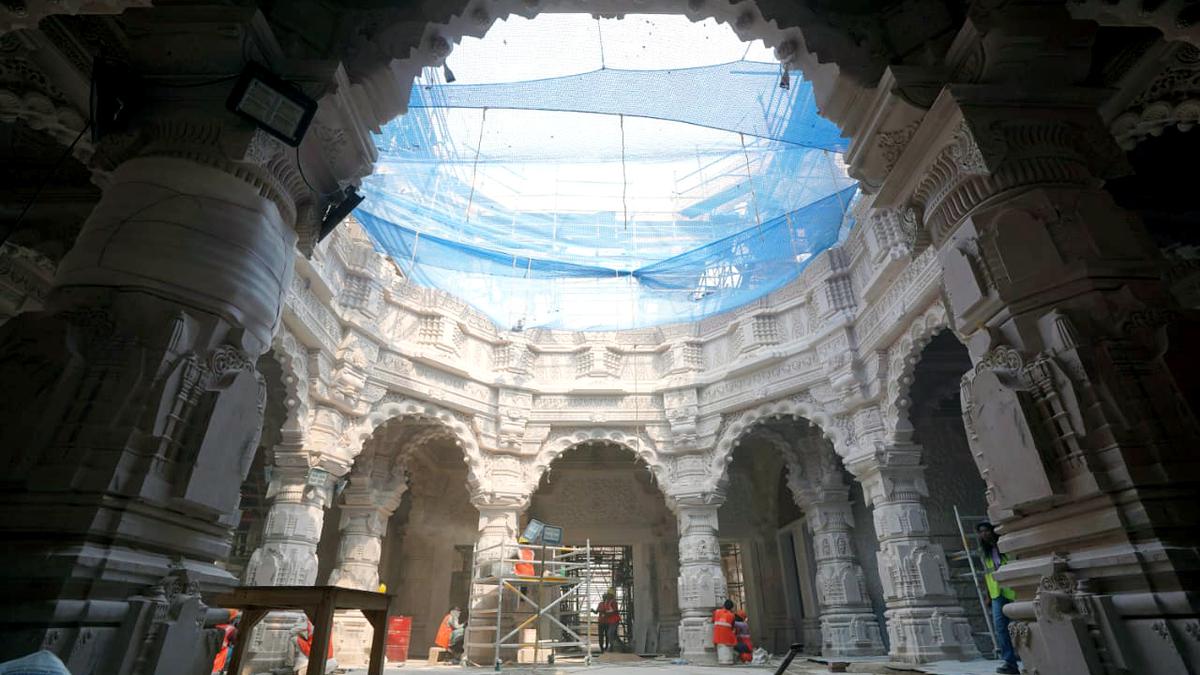
Ayodhya Ram temple trust gets FCRA licence to receive foreign donations
The Hindu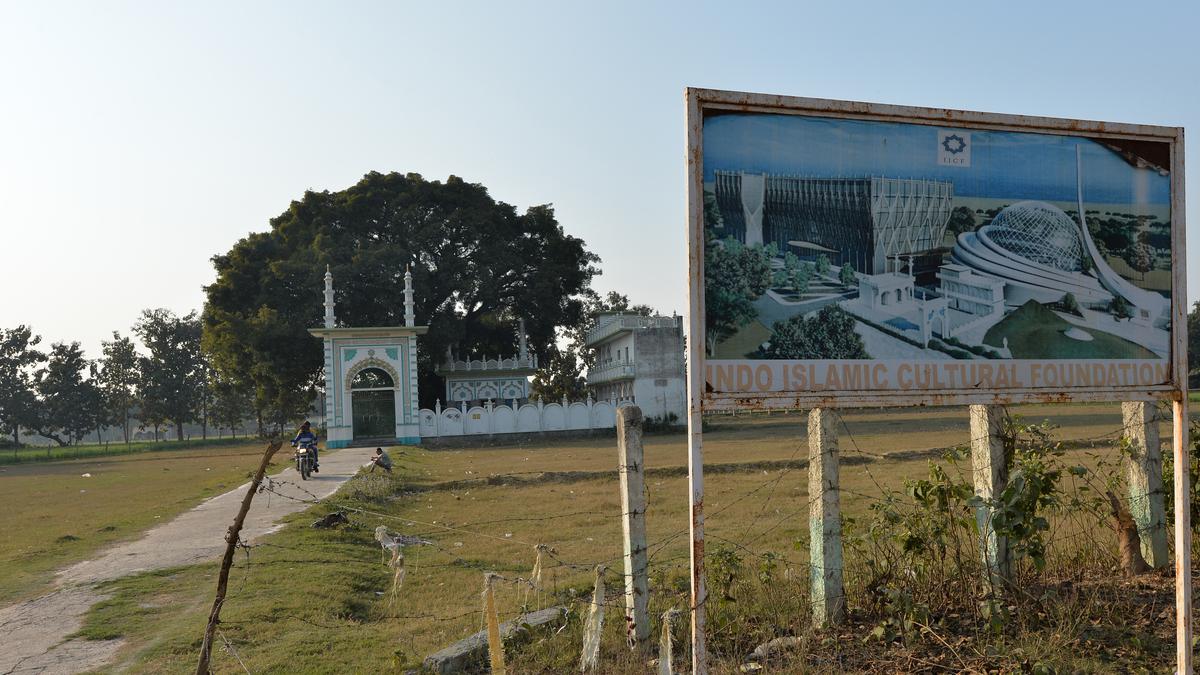
Ayodhya mosque, an unfinished tale
The Hindu
Supreme Court Rejects Hindu Mahasabha Leader Swami Chakrapani's Plea For Inclusion In Ayodhya Ram Mandir Trust
Live Law
Ayodhya Ram temple set to keep 2023 date
Deccan Chronicle
Rahul Gandhi joins in spreading lies about a ‘scam’ by Ram Mandir trust: Here are the facts in 10 simple points
Op India![PIL In SC Seeks Centre To Nominate Sunni Members of Govt To Trust Entrusted With Mosque Construction In Ayodhya [Read Petition]](https://www.livelaw.in/h-upload/2019/11/10/366433-ayodhya-junction-2.jpg)
PIL In SC Seeks Centre To Nominate Sunni Members of Govt To Trust Entrusted With Mosque Construction In Ayodhya [Read Petition]
Live Law)
Proposed Mosque in Ayodhya To be Named After Village Dhannipur, Donations From People Across Faiths Allowed
News 18
UP Sunni Waqf Board constitutes trust to build Mosque in Ayodhya
Op India)
UP Sunni Central Waqf Board Announces Trust For Mosque in 5-acre Plot in Ayodhya
News 18Trust constituted to build mosque in Ayodhya
The HinduAyodhya mosque trust yet to be constituted
The Hindu)
Ram Janambhoomi trust invites Narendra Modi to lay Ayodhya Temple’s foundation stone on 3 or 5 August
Firstpost)
First meeting of Ram Mandir Trust to oversee construction of temple in Ayodhya to be held in Delhi today
Firstpost)
K Parasaran, Hindu parties' counsel in Ayodhya case, made member of Ram Temple trust; 92-yr-old is a Vedic scholar, Padma Vibhushan awardee
Firstpost
Trust to be formed for Ram Mandir construction, PM Modi tells Lok Sabha
India TV News
Ram temple trust likely within a week, cabinet nod soon
India Today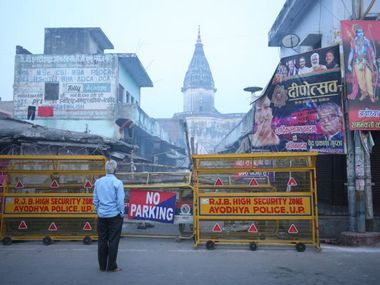)
No need for legislation to create trust for Ram Mandir, provision already in place under 1993 Ayodhya Act, says govt official
Firstpost
Ayodhya: Pooling donations for Ram Mandir in one trust biggest challenge for government
India Today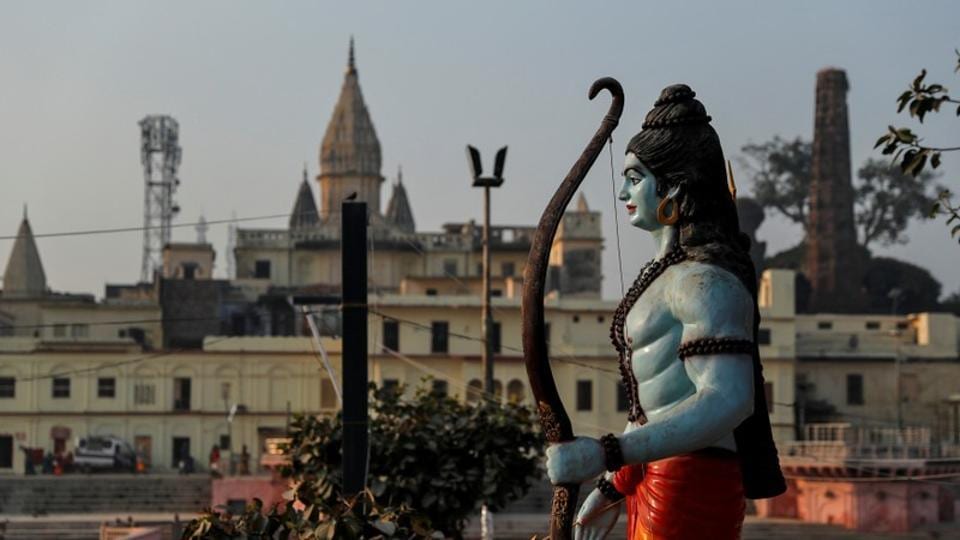
Centre may table bill on Ayodhya temple trust in Winter session
Hindustan Times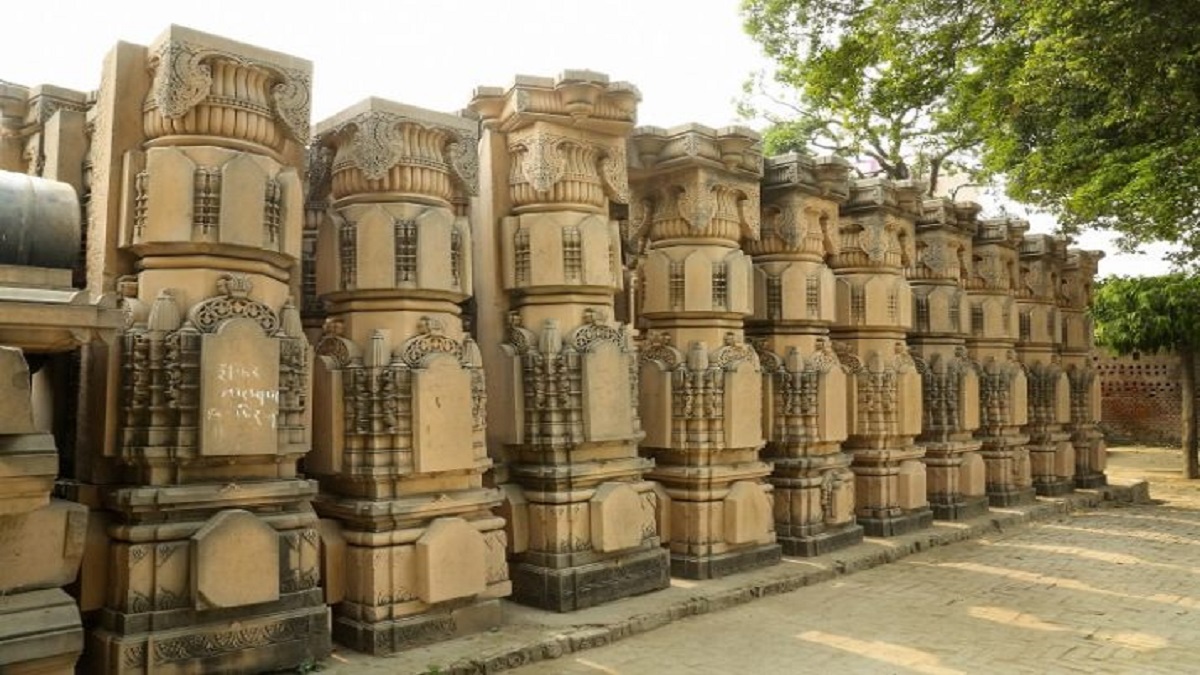
Government starts process of constituting Ayodhya Ram Temple trust
India TV News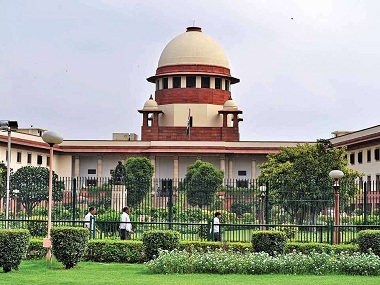)
'Ayodhya: India's top court gives Hindus site claimed by Muslims'; Here's how foreign media covered Supreme Court verdict
Firstpost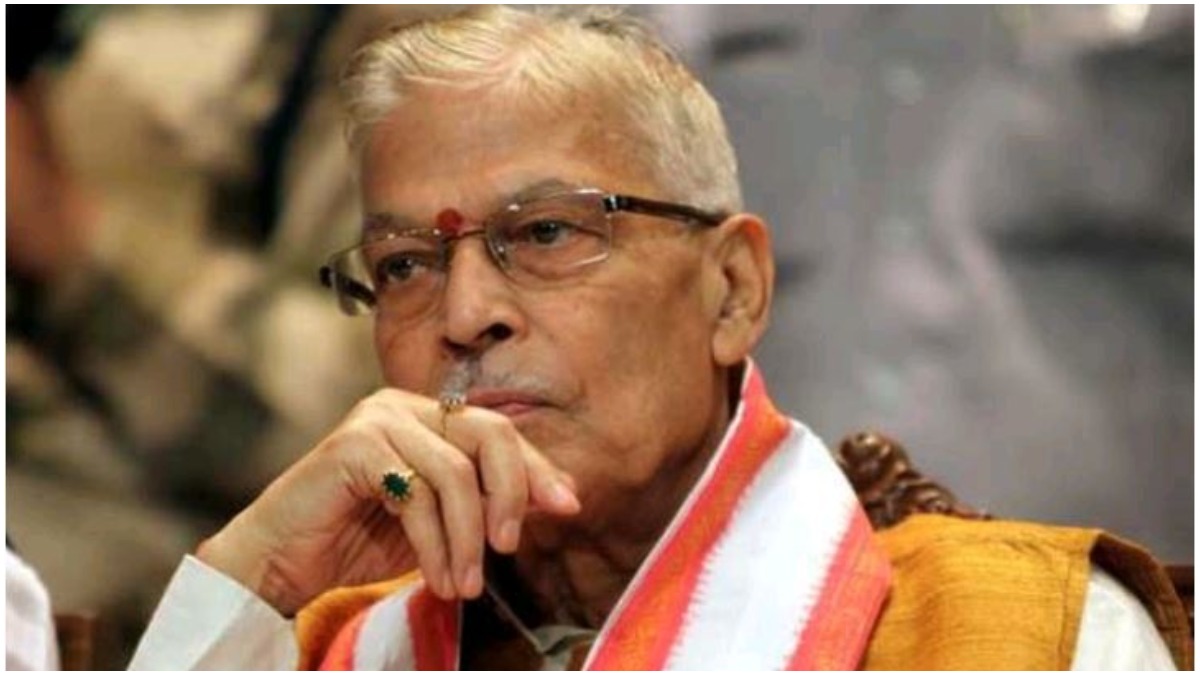
Ayodhya Verdict: Temple trust must ensure unity among people, says MM Joshi
India TV NewsAyodhya verdict: Land allotted for the construction of a Ram temple
The Hindu![Breaking: Ayodhya Verdict- Key Observations In SC Judgment [Read Judgment]](https://www.livelaw.in/h-upload/2019/11/09/366410-ayodhya-verdict-live.jpg)
Breaking: Ayodhya Verdict- Key Observations In SC Judgment [Read Judgment]
Live Law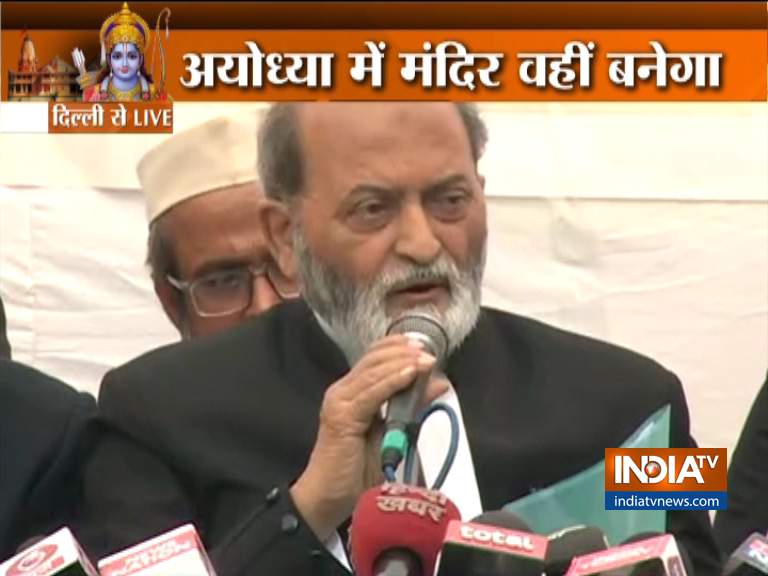
We will seek a review of Supreme Court's Ayodhya verdict: Sunni Central Waqf Board
India TV News
As Hindus rejoice, Muslim reaction mixed over Ayodhya verdict
Al Jazeera
Ayodhya verdict: Indian top court gives disputed site to Hindus
Al Jazeera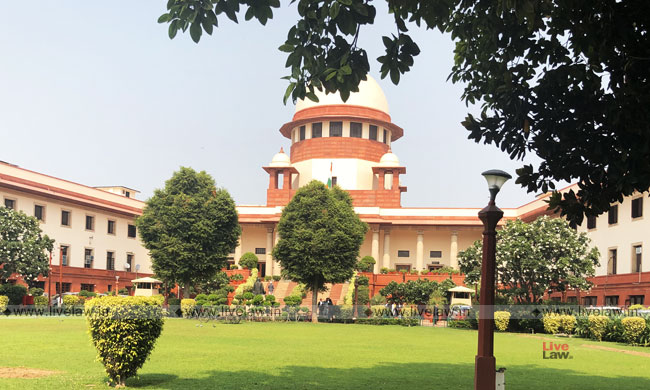
Ayodhya Case : Parties Submit Written Submissions In SC On 'Moulding Of Relief'
Live Law
Act preventing cases like Ayodhya dispute likely to be challenged in SC: Sources
India Today)
Centre wants 'excess' land acquired in Ayodhya returned to Ram Janmabhoomi Nyas: What is the 'non-disputed' area?
FirstpostDiscover Related
